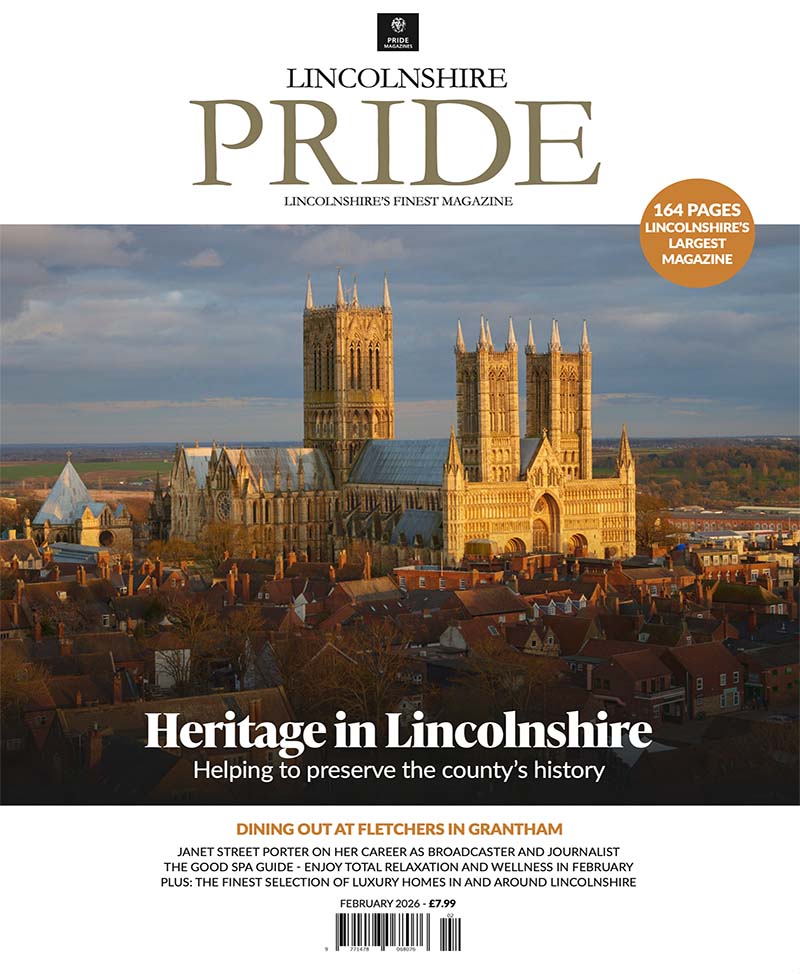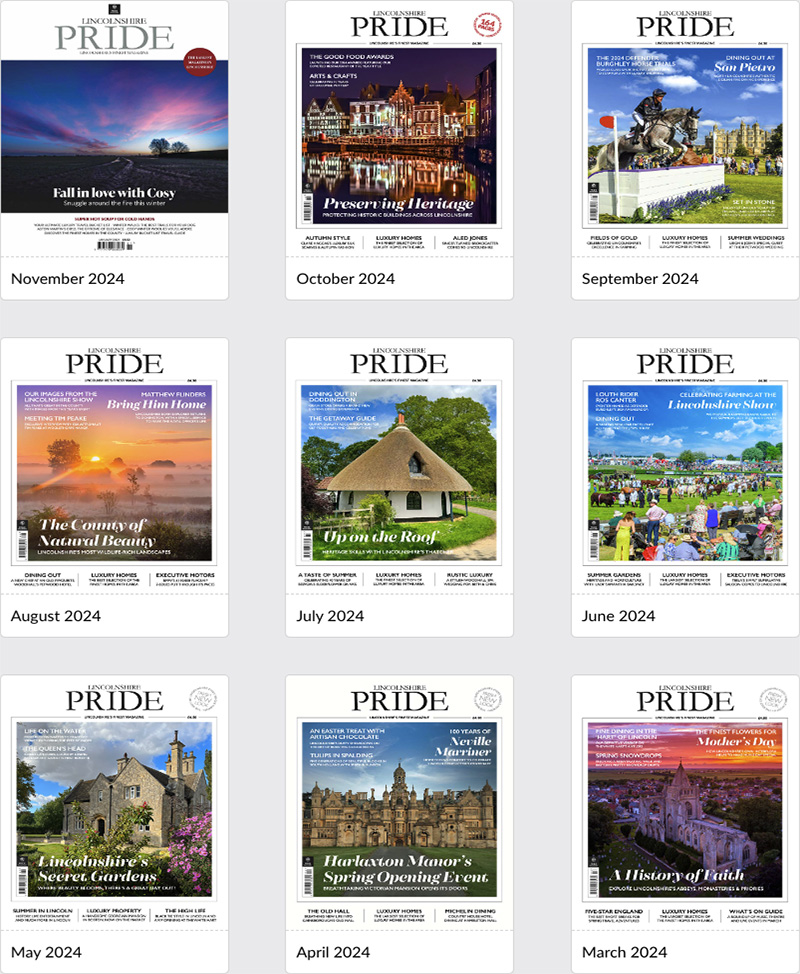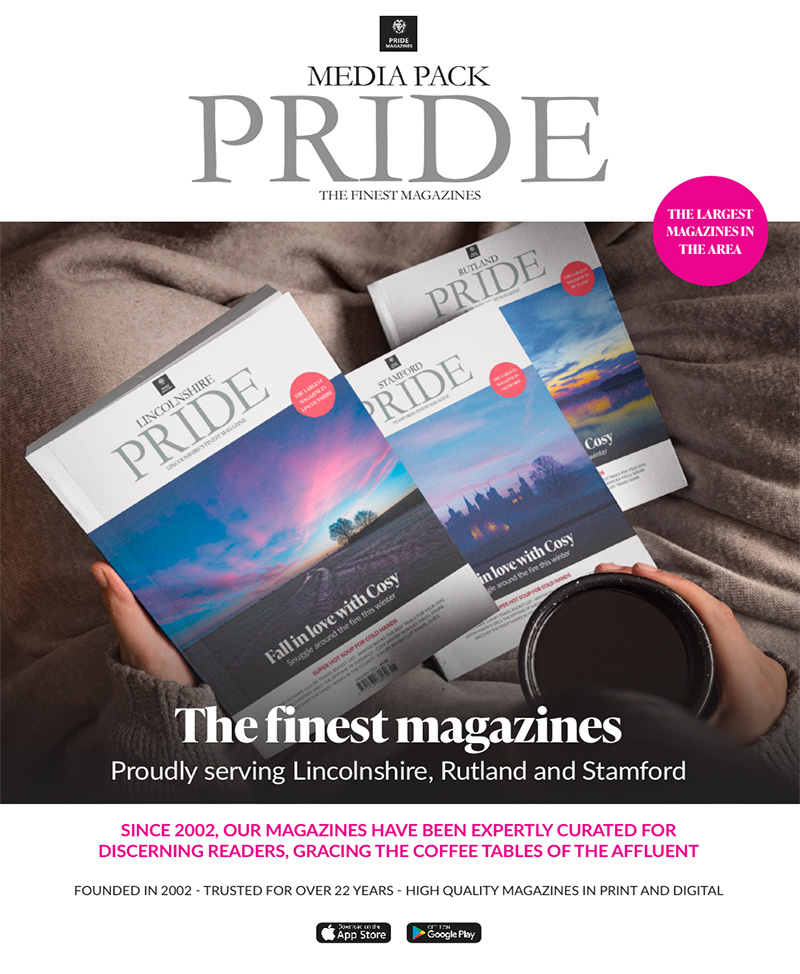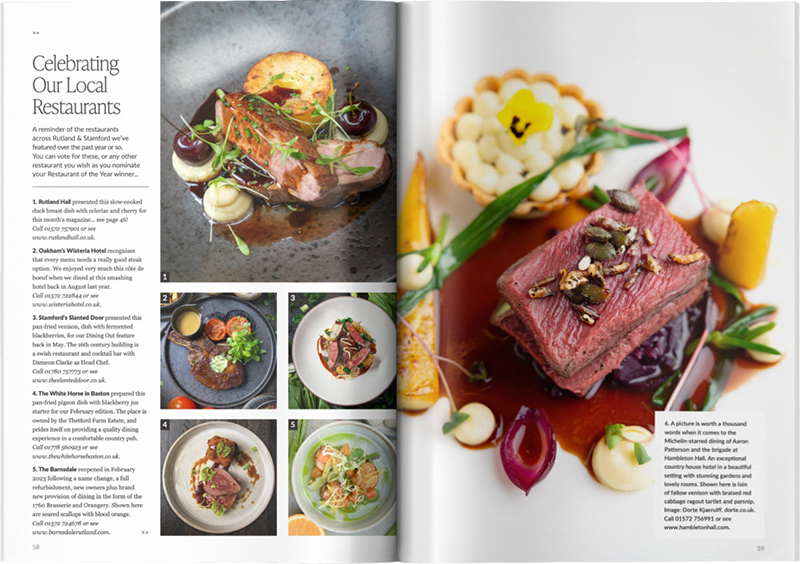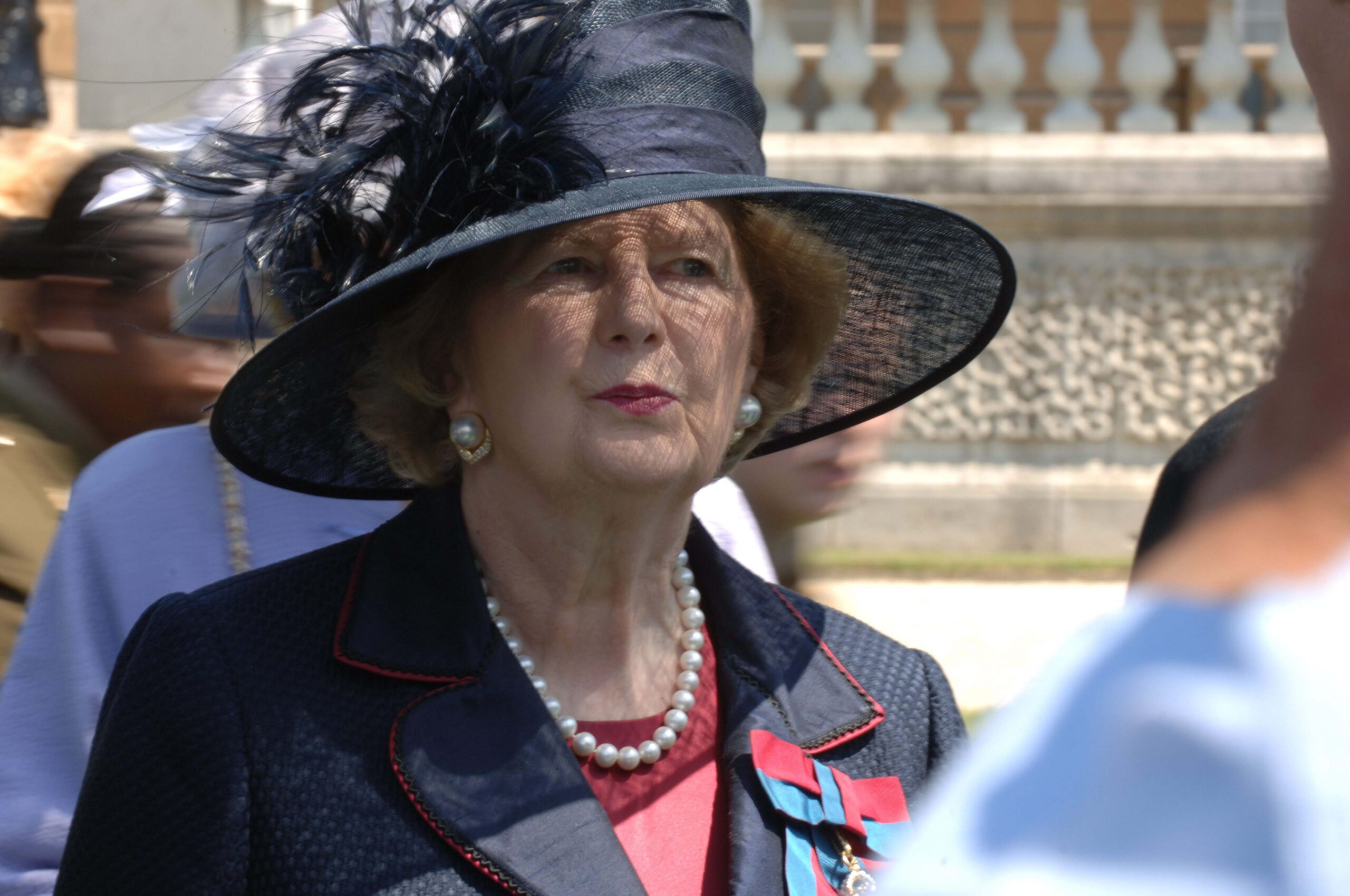
Margaret Thatcher – Britain’s First Female Prime mInister
On the 100th anniversary of Margaret Thatcher’s birth, Lord Charles Moore releases a single-volume edition of the former Prime Minister’s official three-part biography
Back in 1979, both Margaret Thatcher and Charles Moore’s careers were ascendant. Graduating from Trinity College, Cambridge, Charles began a career in print which would see him writing for The Telegraph, creating leader columns within a couple of years, and later becoming the Editor of the Sunday Telegraph, Daily Telegraph and also The Spectator magazine. His arrival in the newsroom coincided with the recent arrival of Grantham-born Margaret Thatcher in her office too, within 10 Downing Street.
From his role as one of the newspaper’s political reporters to sub-editor and eventually Editor, Charles was no stranger to the keyboard. But when he was asked by Margaret’s chief of staff Sir Julian Seymour to write the official biography of her life, it was the beginning of a labour that would yield 1,300,000 words and give Charles unprecedented access to Britain’s first female Prime Minister, not least via a series of meetings between the two, plus access to previously unseen papers, and also interviews with no fewer than 600 people all keen to contribute their insight into one of the most formidable figures of the 20th century. There were, however, a couple of conditions.
“During her time as Prime Minister I didn’t know her so well,” says Charles. “Rather than sustaining a relationship with lots of private conversations it would be more a case of seeing her in Number 10 or being invited to lunches or receptions with lots of other people.”
The Wilson & Callaghan governments had been embattled over trade union disputes culminating in the Winter of Discontent, whilst public spending had reached 47% of GDP. Britain was dubbed ‘the sick man of Europe.’ The new era, soon dubbed Thatcherism, promised affluence through radical deregulation, privatisation and lower taxes.
There was an agitant sense of culture as punk became less about nihilism and became, instead, far more politicised, liberalised and more motivated to fight back against gender and racial inequality.
Even the most left-leaning, pro-trade union newspapers were embattled in conflict with print unions, whose wildcat strikes could prevent newspapers like The Telegraph from being printed and distributed. Newspapers were haemorrhaging money and unions were dominant, until new technology facilitated the modernisation of newsrooms. Desktop publishing begat movable type, The Telegraph established its new, modern print operation, moving from Fleet Street to Canary Wharf. The unions were beaten, not just in the world of newspapers – culminating in Murdoch’s victory at Wapping – but in Thatcher’s eventual victory over the NUM in 1984.
Against this background, Charles was producing leader columns for the Telegraph and with Thatcher on the ascendent following the Falklands conflict, and with policies like Right to Buy, her strength and traction stabilising the economy rewarded her with popularity.
“You’d work closely with her staff and soon meet her in other environments like at clubs or formal events. In terms of my work as an opinion writer in journalism, and as an editor, I was broadly supportive of her politics, but if the paper didn’t agree with her we were still free to criticise her, with no control sought over us.”
“When she left office our relationship became closer. By that time I was a columnist on the Telegraph as well as the newspaper’s deputy editor.”
“I became editor of the Sunday Telegraph in 1992, then deputy editor of The Telegraph and its editor from 1995. In that capacity I could see more of her because she was still very engaged in politics… and of course, having been thrown out she was still very upset and wanted to talk a lot, so I would go and interview her.”
“Often the subject was not about British politics. I remember having long conversations about Gorbachev in Russia and her concerns that they were trying to overthrow him in 1991. Gradually there was more access and we had a different relationship.”
Sir Julian Seymour invited Charles to lunch one day and conveyed a message from Margaret that she would like him to be her authorised biographer.
“There were two very sensible conditions,” he recalls. “The first was that she should not be able to read the book prior to its release. The second was that it would only be published following her death.”
“I didn’t know that she was seeking a biographer. Obviously lots of people wanted to write about her life and some of them already had. But what I was offered was access to all of her records, personal correspondence and papers from her 11 and a half years in office: special access to documents and communications that wouldn’t otherwise be released for another 30 years [20 years, as of 2013].”
“I thought they were two sensible conditions. Otherwise the book would have had much less historical value and people would naturally think that she was trying to control its content.”
“We would describe her as media savvy today. She knew how to command attention, and she enjoyed it. I imagine too that was self-directed, rather than someone else managing the press and the interaction behind the scenes.”
“She was a good campaigner and she knew how to make the right gestures in front of the cameras. She was a good actress but she also had Sir Bernard Ingham who was an absolute master of media management too, because this was still the era before spin doctors. She would also have people who advised her very carefully about what clothes to wear and how to do her hair in order to make the best impression.”
“Having that independence as the author made things much easier for me too, because she had a big ego, of course. But she didn’t have the sort vanity that men have, where they’re always seeking to recount a story about how brilliant they are. She was always more interested in looking forward than in looking back on what she’d done. And to my surprise she was also happy to be criticised.”
“She would almost never agree with you, but she wanted to have the discussion and she liked to have a fight. Trying to get a word in edgeways could be quite difficult but I didn’t think she was trying to silence me because what she wanted most was an argument which could play out in quite a fun, congenial way.”
“The only real problem proved to be that she wasn’t a good historical witness, because she would have been much too caught up in her own feelings at the time, and you can’t blame a politician for that because it’s a struggle to get through the work and they’re usually focused on the moment in question. If you wanted direct facts from her she couldn’t be relied upon, but what was interesting were her thoughts about a particular matter.”
Charles’s work began in 1999, mostly researching and reading through official sources such as Hansard, documents that nobody outside Margaret Thatcher’s innermost circle had seen before. Being a pre-email era, that meant internal memos send by Mrs Thatcher, her ministers, civil servants and her private office with hand-written notes.
“They were absolutely fascinating,” says Charles. “She was perhaps the last Prime Minister who governed primarily through studying the papers in her red box and issuing written memos via her private office. She did not practise what was later called ‘sofa government’ via email, mobile phones or WhatsApp group chats.”
“Reading through them you get a real sense of how an argument is building up, who’s running into difficulty and where allegiances are developing. You also see important personal relationships developing, with world leaders like Regan and Gorbachev for example.”
Charles left the Telegraph in 2003 because he needed to concentrate on the Herculean task of writing the three volumes which would eventually total 1,300,000 words, released in 2013, 2015 and 2019.
The three volumes were researched and written ostensibly in chronological order, with volume one written before the author began work on volume two, although the production processes overlapped. In 2013, Charles recalls stepping off a train to London, having amended the final page of the first volume only to be informed that Margaret had died of a stroke at The Ritz.
By that time, Charles was still in touch with Margaret Thatcher, who had lost Denis 10 years earlier, compounding her own mental decline.
“I had completed more formal interviews as early as possible,” says Charles. “I used a tape recorder and my notebook and we would sit down for two hours and then break before resuming the conversation.”
The interviews took place in different places. Sometimes they were in her home – No.73 Chester Square in Belgravia, sold in 2013 for £15m – or in the former Prime Minister’s offices in Chesham Place, formerly used by German, Spanish and Russian embassies. Occasionally, they would dine out and speak over lunch or dinner. Margaret’s preferred restaurants including The Goring or The Savoy Grill.
“Her mental powers didn’t simply decline,” says Charles. “When Denis died she was very distraught and she went into a sharp decline. They recovered to quite a degree and she was much better by 2005.”
“There was a sort of plateau for a few years ago but then it got worse again. By 2009 there were still times that she was forthright and clear and talkative, but other times when she was more muddled and sometimes she became a little withdrawn.”
“It made it more difficult to work with her but I continued to go and see her to be sociable and to look in on her, see how she was and to talk to her staff, just to sit with her and have a cup of tea with her. She was finding it more difficult to have a one-to-one conversation so it became better to see her when a friend was with her, so we could talk across her and let her withdraw from the conversation or join in, not feeling that she had to respond all the time.”
From a journalist and newspaper editor whose obligation is towards objectivity, to a biographer who becomes acquainted with their subject’s most private thoughts, greatest successes and their most painful (and publicly visible) moments, it must have been difficult not to develop some affinity for Margaret.
“Affection I think is a good word. Because she had a strong public manner people thought she must be cold. And she could be, if she was angry about something.”
“But she was also a simple-hearted person in her dealings with others and she was a great believer in loyalty and trust. She was direct, very friendly, not at all pompous.”
“She was equally friendly to everyone, too. From police staff to a doorkeeper to a cabinet minister. And when you were in her house, she’d fuss around making sure you had a tea or a coffee, and biscuits.”
“She was also quite humorous and witty. She wouldn’t necessarily make jokes but she often laughed at things and she was very warm, always asking how your family was. Like many older people she was very concerned with the importance of looking after people.”
“I found it touching that she was a powerful woman with such a powerful mind, but I think she was scared of her decline. She didn’t want to talk about it but she would say something and then point to her head, ‘oh, it’s all mud.’”
“In terms of studying and recording the history you have to remain as objective as possible and ultimately a biography can be hostile or sympathetic. But being friendly with her didn’t get in the way.”
“It made me better able to understand why she did what she did, what the difficulties facing her were, and how difficult it was being the only woman in that position, coming from a relatively poor background and rising within the Conservative Party to become Britain’s first female Prime Minister.”
From Charles’ three books comes a single volume, re-released to mark the 100th anniversary of Margaret Thatcher’s birth. Since working on his original volumes Charles has also delivered hundreds of speeches and participated in broadcasts with an unsurpassed knowledge of her legacy. He remains fascinated that 35 years after leaving office, Margaret Thatcher’s politics can still polarise, and that a provincial upbringing in Grantham could be so formative for a powerful figure.
“As a biographer, you’re a conduit for her,” says Charles. “You’re trying to say ‘here’s Margaret Thatcher, this is what she did’ and these are the problems and failures and successes and achievements of an unusual and fascinating person… one who was born in a corner shop in Grantham, and died in The Ritz a world-famous international figure.”
Charles Moore releases his single volume biography, ‘The Authorised Biography of Margaret Thatcher, based on his three volume work released in 2013, 2015 & 2019. The new edition will be available from all good bookshops published by Allen Lane, £40 in hardback on 18th September 2025. Lord Charles Moore is Group Consulting Editor for the Telegraph and Sunday Telegraph and former editor of the Spectator Magazine.


